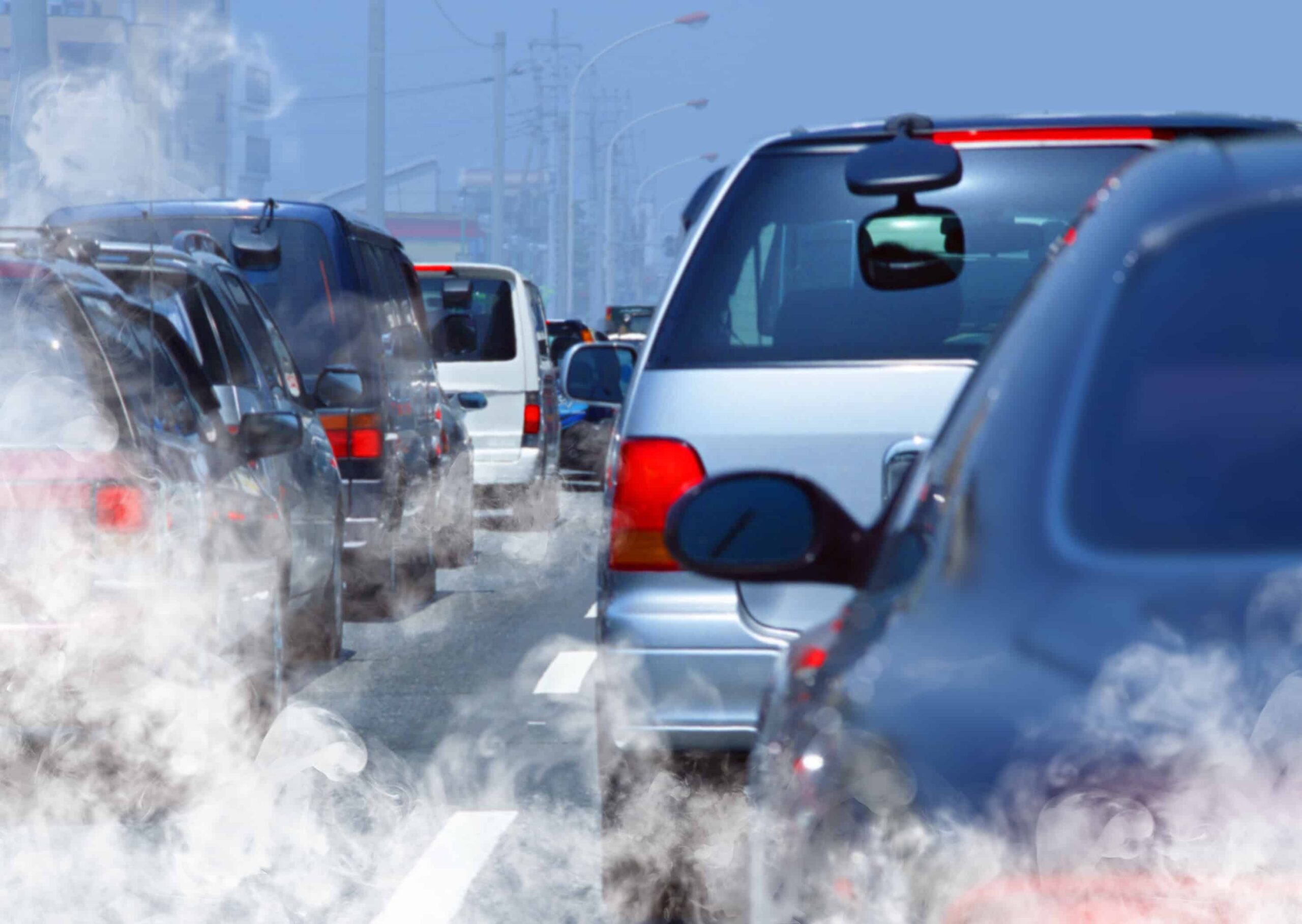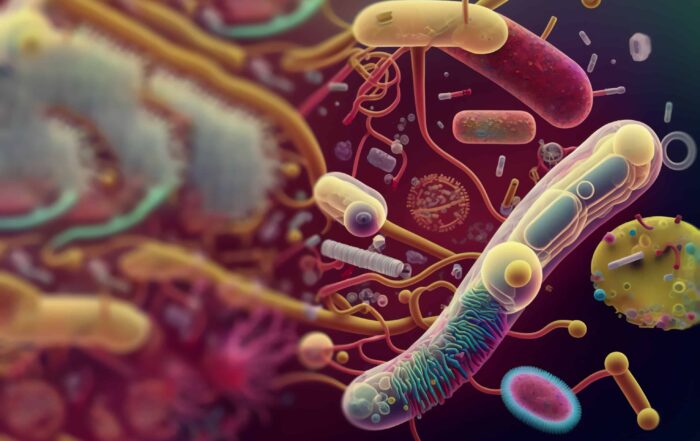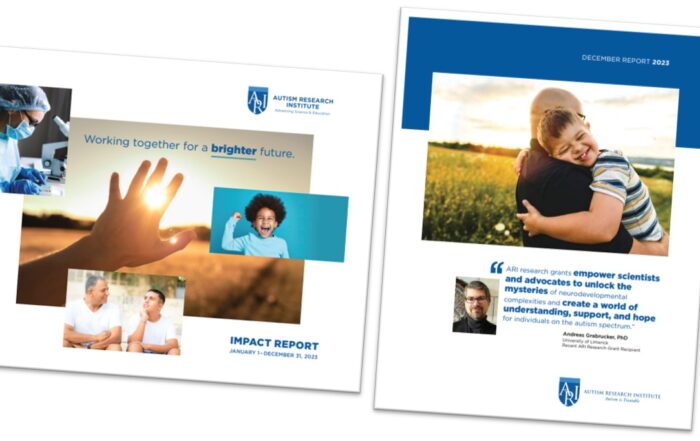A new study from Sweden suggests that maternal exposure to airborne pollution during pregnancy may increase the likelihood of a child being diagnosed with classical autism or an autism spectrum disorder (ASD).
Erin Flanagan analyzed data on 40,245 births from 2000 to 2009 in Scania, Sweden, linking the mothers’ locations to data on locally emitted PM2.5 (small, inhalable particulate matter) from all sources as well as specifically from wood burning, tailpipe exhaust, and vehicle wear-and-tear. The researchers note that air pollution concentrations in the area they studied generally complied with current European air quality guidelines.

Investigating the association between PM2.5 and either classical autism or the broader category of ASD, they report, “Exposure to local PM2.5 during pregnancy from each of the investigated sources was associated with childhood autism in the fully adjusted models. For ASD, similar, but less pronounced, associations were found.”
The researchers conclude, “The results add to existing evidence that exposure to air pollution during pregnancy may be associated with an increased risk of childhood autism. Further, these findings suggest that locally produced emissions from both residential wood burning and road traffic related sources (tailpipe exhaust and vehicle wear-and-tear) contribute to this association.”
—
“Exposure to local, source-specific ambient air pollution during pregnancy and autism in children: a cohort study from southern Sweden,” Erin Flanagan, Ebba Malmqvist, Ralf Rittner, Peik Gustafsson, Karin Källén, and Anna Oudin, Nature Scientific Reports, March 8, 2023 (free online). Address: Erin Flanagan, Division of Occupational and Environmental Medicine, Department of Laboratory Medicine, Faculty of Medicine, Lund University, Lund, Sweden, [email protected]
This article originally appeared in Autism Research Review International, Vol. 37, No. 2, 2023
Editorial – Fecal Microbiota Transplantation and Autism
Over the past several years, Fecal Microbiota Transplantation (FMT) has become the subject of growing interest in the autism community due, at least in part, to the increased awareness of the gut-brain
ARI’s Latest Accomplishments
Connecting investigators, professionals, parents, and autistic people worldwide is essential for effective advocacy. Throughout 2023, we continued our work offering focus on education while funding and support research on genetics, neurology, co-occurring medical
Biomarkers start telling us a story: Autism pathophysiology revisited
Antonio Persico, MD, a recent ARI Research Grant recipient, explores the role of biomarkers in understanding autism pathophysiology. He discusses the complexity inherent to neurodevelopmental conditions and emphasizes the need to combine




